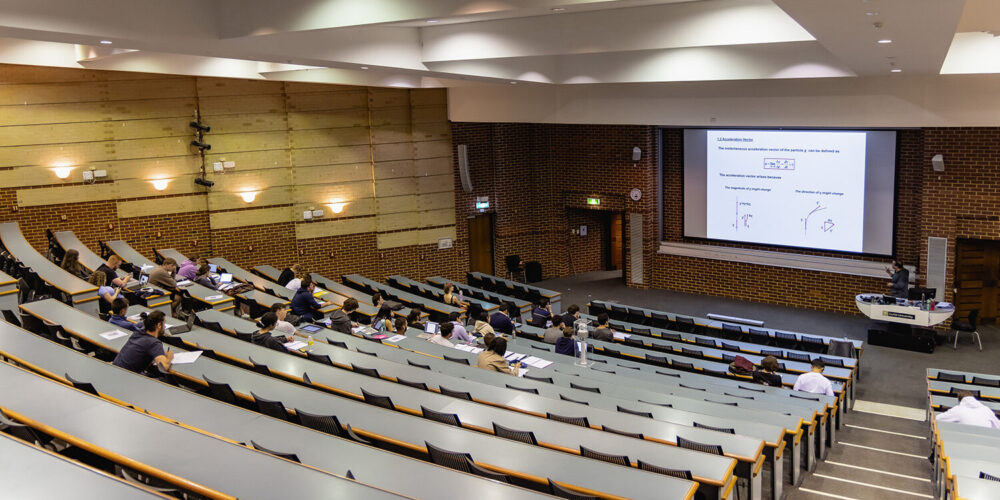Timeframe
The timeframe for the examination process varies and is largely determined by the length of time it takes the examiners to submit their reports. Normally you should expect to be advised of the examiners’ recommendations within three months of the date of submission.
Examination process
The examiners review the thesis in terms of your understanding of the field of study, your ability to conceive, plan and conduct a program of research, the originality of your work and the significance of the contribution you have made to that field. Generally, a thesis should be excellent in its standard of presentation, English expression, grammar, etc., and also contain a substantial amount of material that you (and usually your Supervisor) have published, or is suitable for publication in a refereed journal. The examiners are also required to assess the thesis in relation to your stated thesis objectives. Examiners submit an independent written report on your thesis to the Graduate Research School.
The examiners’ reports are forwarded to your Thesis Chair, who together with your Supervisor, assesses the reports to determine whether they are in substantial agreement. This determination must take into account the content and context of the reports (i.e. qualitative assessment of the reports) as well as the overall classification (i.e. quantitative assessment of the reports). The Thesis Chair will either find that there is substantial agreement among the examiners, or, in the event of no clear weight of opinion, will recommend the appointment of an Adjudicator.
Substantial agreement
If the Thesis Chair finds there is a clear weight of opinion, they will recommend:
- No amendments
If the examiners have pointed out minor typographical errors, these must be corrected.
- Minor amendments
If minor textual and/or structural amendments are required, the Thesis Chair will advise you in writing of the specific requirements. You should complete these in as short a time as possible to the satisfaction of the Thesis Chair.
- Substantive amendments
If revision of specific sections of the thesis is required, the Thesis Chair will advise you in writing of the specific requirements. These must be done to the satisfaction of the Thesis Chair.
- Re-examination
After considering the examiner/s’ reports, your Thesis Chair will advise you in writing that you are required to revise your thesis for re-examination. The maximum time allowed to undertake the revision is six months. Once your revisions have been completed to the satisfaction of the Thesis Chair, you will submit the revised thesis, together with a statement that clearly sets out how you have responded to the examiner’s recommendation via the Online Thesis Submission.
- Fail
If your thesis is recommended as failed by the examiners, you are entitled to appeal against this decision on the following grounds: (i) procedural irregularities or conduct in the examination of the thesis; or (ii) documentable evidence of prejudice or bias on the part of one or more examiners.
No clear weight of opinion
Where the recommendations of the examiners do not allow determination of a result based on a clear weight of opinion, the Thesis Chair, having discussed the reports with the supervisors, shall recommend the appointment of an Adjudicator who shall adjudicate between the examiners’ disparate reports on the basis of the thesis presented (in original form, or as re-examined).
In consideration of a thesis which has not been previously re-examined and with due reference to the examiners’ reports, the Adjudicator shall recommend: Pass (no amendment, minor or substantive amendments), re-examination or Fail.
In consideration of a thesis which has been re-examined, the Adjudicator shall recommend Pass or Fail.
